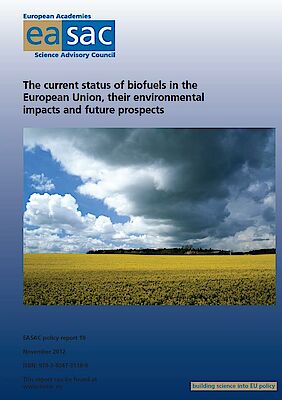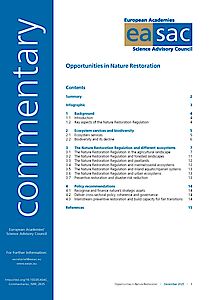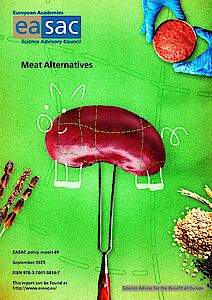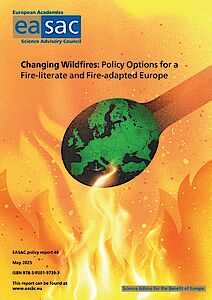Publications
The current status of biofuels in the European Union, their environmental impacts and future prospects
As part of its strategy to combat global warming by reducing the emission of greenhouse gases, the European Union (EU), in 2009, agreed the Renewable Energy Directive with ambitious targets for the use of renewable energy. These include targets for renewable energy in the road transport sector. By 2020 10% of the final consumption of energy in transport in the EU and each of its Member States should come from renewable sources. This energy could come from renewable electricity generation or from biomass. However, uptake of electric vehicles and the overall contribution of renewable energy systems to electricity generation in Europe are low, and it is expected that the renewable energy for the 2020 target will come primarily from biomass in the form of biofuels. In 2020 it is expected that the dominant production route for biofuels will still be through the use of edible parts of plants ('first generation' biofuels).
This Statement arises from concerns about the use of biomass for producing road transport fuels and about the arrangements for ensuring that such fuels provide a real climate benefit while not harming the wider environment. It has been generated as an output of a study by a Working Group of experts on biofuels and biodiversity established by the European Academies Science Advisory Council (EASAC) in 2011.
back to overview
































